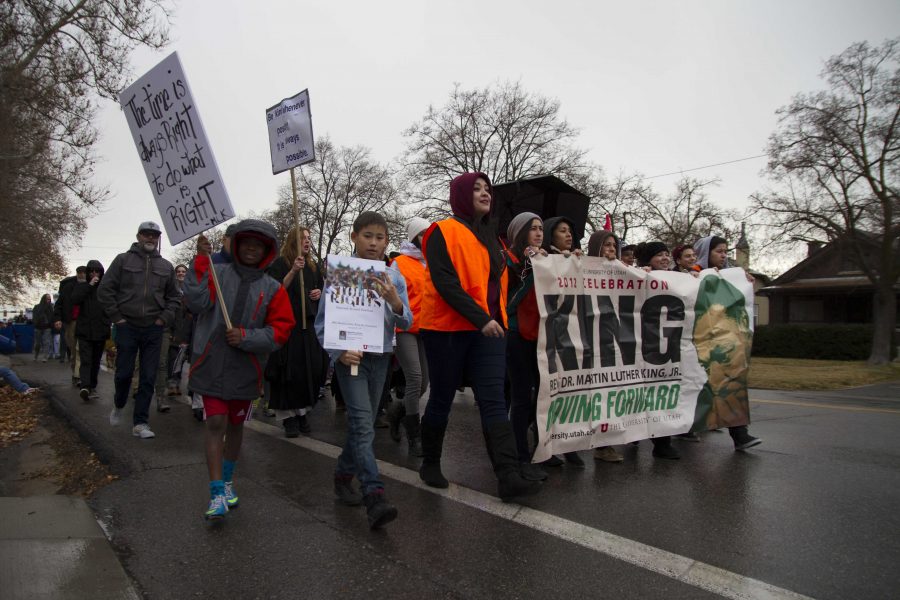To say Black History Month has faced an undeserved number of challenges since its belated inception in 1926 is, unfortunately, an understatement. Times have gratefully changed for the better, and evidence indicating its gradual evolution and impact on public reception continues to emerge at an encouraging rate. The month began as an effort to correct an exclusively white version of American history through the accurate inclusion of historical persons and facts regardless of their race. It has since matured into a month of remembrance for not only those who inspired it, but for black people who have bolstered its bearing on society ever since.
Those early innovators, scientists and soldiers, often slaves or descendants of slaves themselves, accomplished monumental feats as they paved the way for prophets of peace and equality that so fervently commanded the crucial achievements of the civil rights movement. Black History Month is dedicated in honor of their sacrifice and to some who lost their lives purely to convince society of their inherent human rights. Namely, those dedicated, young black servicemen who devotedly died to protect a nation that, until 1948, wouldn’t even allow them to serve alongside their white counterparts.
The historical importance of Black History Month is then easily rationalized, but some modern day critics argue its utility has all but dried up. After all, every school-aged child and fourth grade teacher in the country can cite from memory the significant work of Frederick Douglass, the enduring triumphs of Martin Luther King, Jr. and the life and times of the peanut-product-obsessed professor, George Washington Carver. Today, one of the most recycled and presumably insincere contentions cynics propose to invalidate this longstanding tradition of remembrance is the mere fact that a black man was elected president.
While the majority of proponents for this misguided position continue to be disproportionately white, the recent and frequent cries to dismantle the progress of political correctness have lessened this deservedly taboo opinion.
One unlikely ally of the mystifying calls for an end to Black History month is actor Morgan Freeman. In a now infamous session of “60 Minutes,” Freeman declares a month dedicated to a once ignored portion of American history is “ridiculous.” He doesn’t think black history should be relegated to just one month, and when asked about what he thinks the solution to racism might be, Freeman said to simply “stop talking about it.”
This type of thinking, when applied to any social issue our country faces displays an apathetic excuse to be negligent, and it will certainly make the problem worse.
There are those who curiously continue to search for an eventual repeal of Black History Month. There are those who question “how long is long enough” concerning services, programs and commemorative holidays that attempt to offer some semblance of restitution, acknowledgement of suffering and pursuit of enlightening future generations with the aim of never forgetting or repeating our past transgressions. However, these types of petitions are evidence enough that there is still much work to be done.
letters@chronicle.utah.edu
@TheChrony



Dahmir • Feb 17, 2018 at 2:37 pm
People of all heritages, including white European heritage and black African heritage, deserve to be recognized.
That being said, let’s not make this Black Fake History Month by spreading many myths:
https://www.counter-currents.com/2014/02/black-history-month-specialblack-invention-myths/
https://therightstuff.biz/2017/02/10/the-daily-shoah-129-best-of-black-fake-history-month-16/